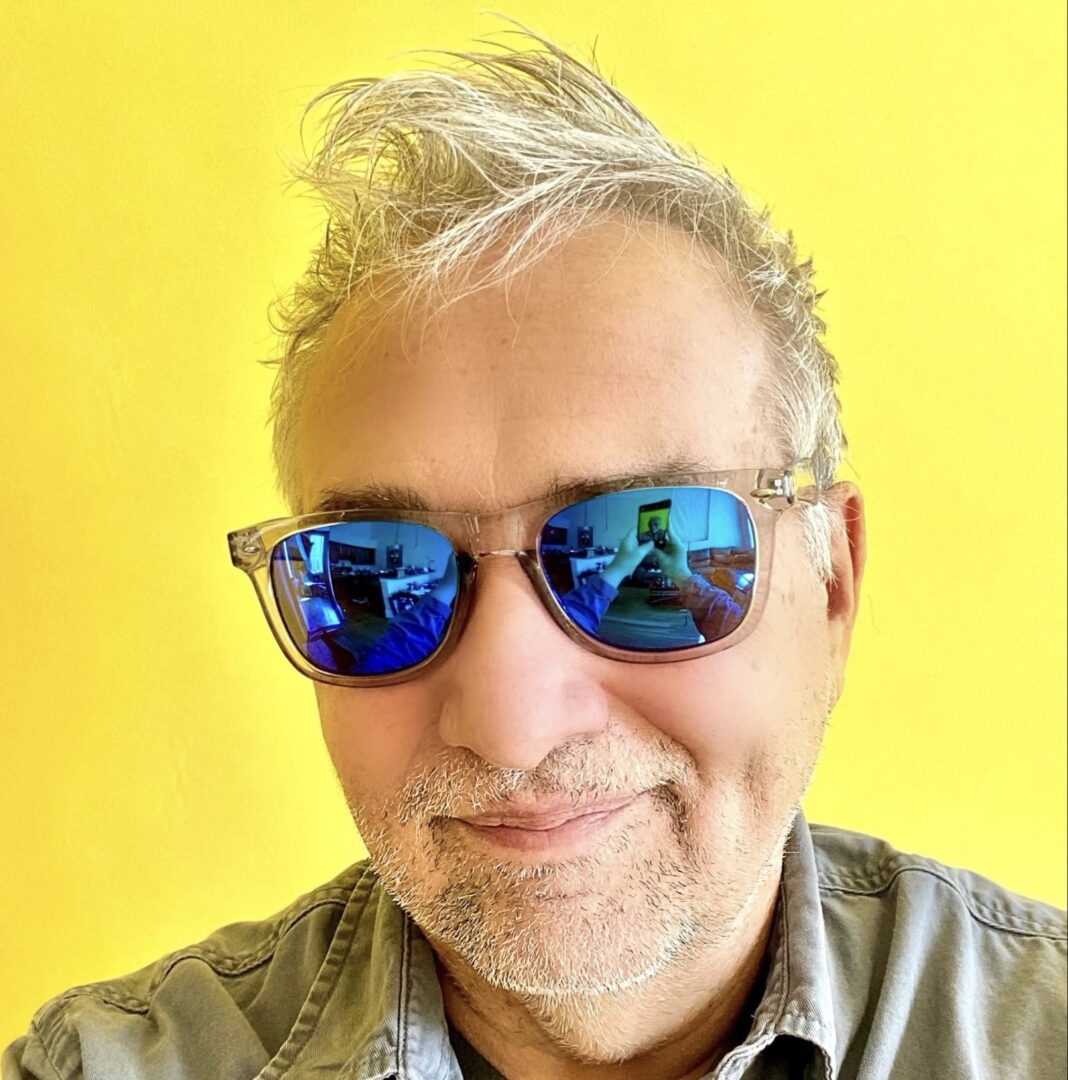We recently had the chance to connect with Trace Deaton and have shared our conversation below.
Trace, we’re thrilled to have you with us today. Before we jump into your intro and the heart of the interview, let’s start with a bit of an ice breaker: What is a normal day like for you right now?
Since I retired a few years ago as a Digital Marketing Executive my days are filled with creativity and learning. I’m constantly exploring new ways of creating art.
I’m a photographer but I love to create digital art and video as well.
I photograph a wide range of subjects, including, models and landscapes. I frame my work in unusual ways, including found materials such as reclaimed barn wood and tin roofing.
I work with a few music artists to create short video representations of their new songs for social media. This gives the listener a chance to hear a snippet of the music on the artist’s new releases.
My most famous client is Adrian Belew, who has a long career working with Frank Zappa, David Bowie, and many others.
If I’m not doing either of those things, I’m writing and recording music of my own and creating videos for them or creating digital art.
My days are spent pursuing the creative side of my brain.
Can you briefly introduce yourself and share what makes you or your brand unique?
Well, I guess I kind of just did that by explaining how I spend my days but basically I cover a lot of ground with my brand Traceartography.
I chose the name because it contains the words “art” and “photography”. Honestly,, I confuse people because of the many aspects of what I do.
I have a couple of channels where I feature my videos from my work at the Kentucky Horse Park, titled Horses at Sunset.
I am a photographer for hire for models and have been featured in many magazines.
I sell my landscape photography online and at art shows.
I create teaser videos for musicians to feature their new work.
I write and record my own music.
You can see why people would be confused by this diversity of work from one brand but I refuse to be stuck in one category.
Amazing, so let’s take a moment to go back in time. What was your earliest memory of feeling powerful?
As a young musician I felt extremely powerful in front of an audience. I have a talent for creating interesting guitar solos (if I do say so myself) and the audience response from my earliest days of performing gave me an ego boost that permeated my entire life. On and off the stage.
When you were sad or scared as a child, what helped?
Without question my imagination! I was a sickly child and missed long periods of school. The isolation triggered a hyper imagination which has been there ever since.
I developed a unique perspective of the world through my childhood illnesses and the threat of dying young. I see the beauty in everyday objects and nature. I think it helps to bring a unique quality in my photography and art.
Next, maybe we can discuss some of your foundational philosophies and views? Is the public version of you the real you?
I like to think so. I mean, I have the freedom to be my authentic self now and I truly believe that what people perceive of me is exactly who I am.
Before we go, we’d love to hear your thoughts on some longer-run, legacy type questions. What is the story you hope people tell about you when you’re gone?
This is tricky. I have lived a pretty incredible life really. People see the latest version of you and don’t understand your entire back story. I’m writing my autobiography and hopefully that will be the final word and maybe people will understand me when I’m gone.
Contact Info:
- Website: https://Traceartography.com
- Instagram: https://www.instagram.com/traceartography?igsh=MWN5MjVjZzR5Z3l1eQ%3D%3D&utm_source=qr
- Facebook: https://www.facebook.com/trace.deaton
- Youtube: https://youtube.com/@traceartography?si=mnII8lZzP8CcRD7n
- Soundcloud: https://on.soundcloud.com/k8m76EgllHiqU46PP9
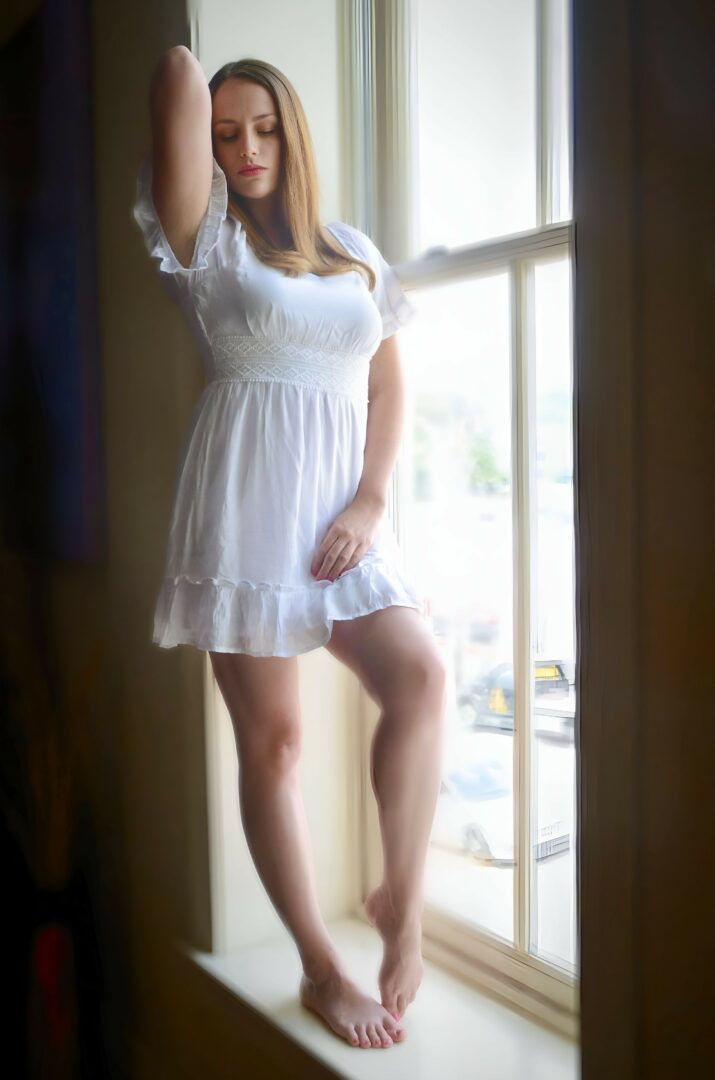
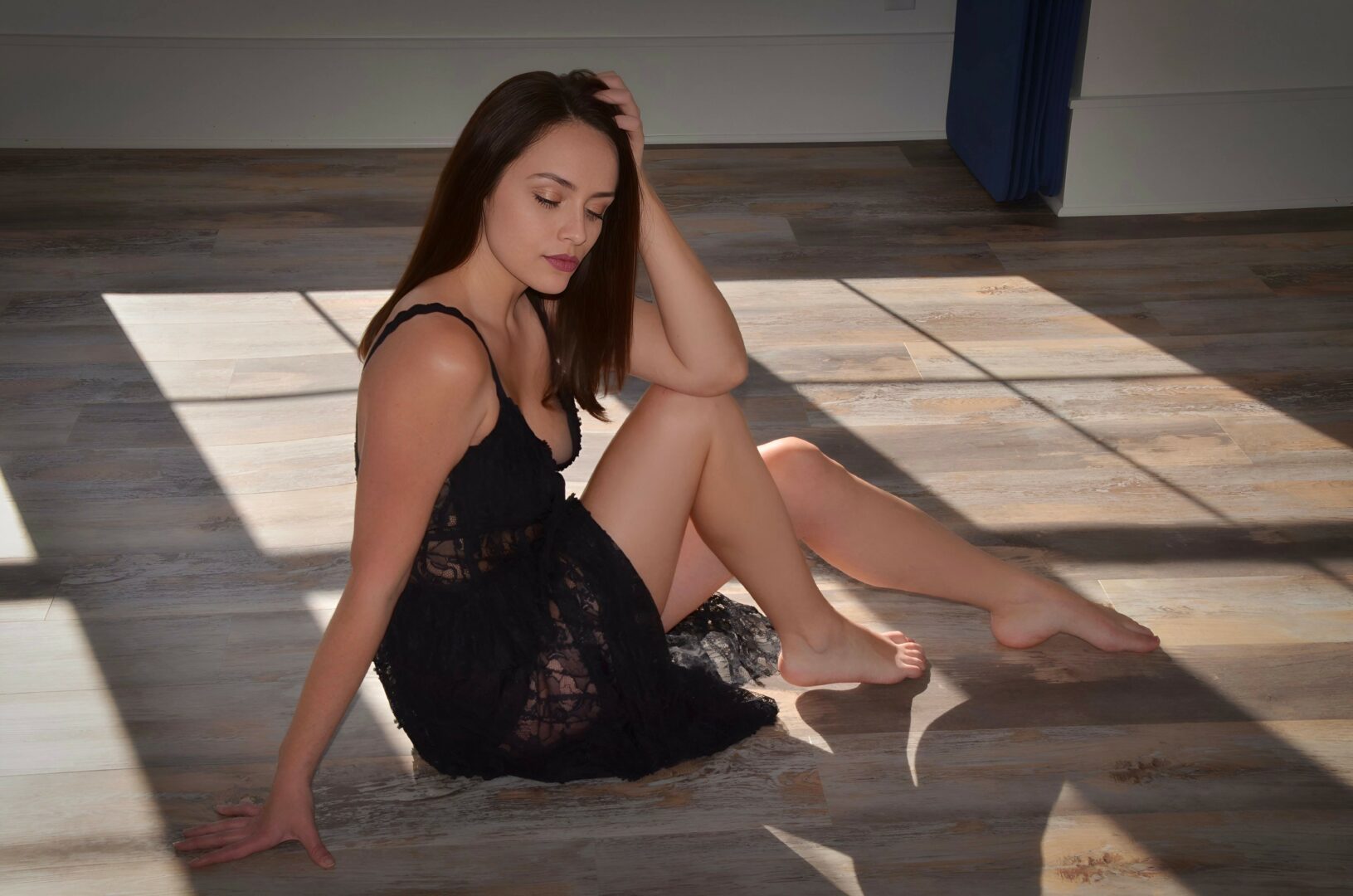
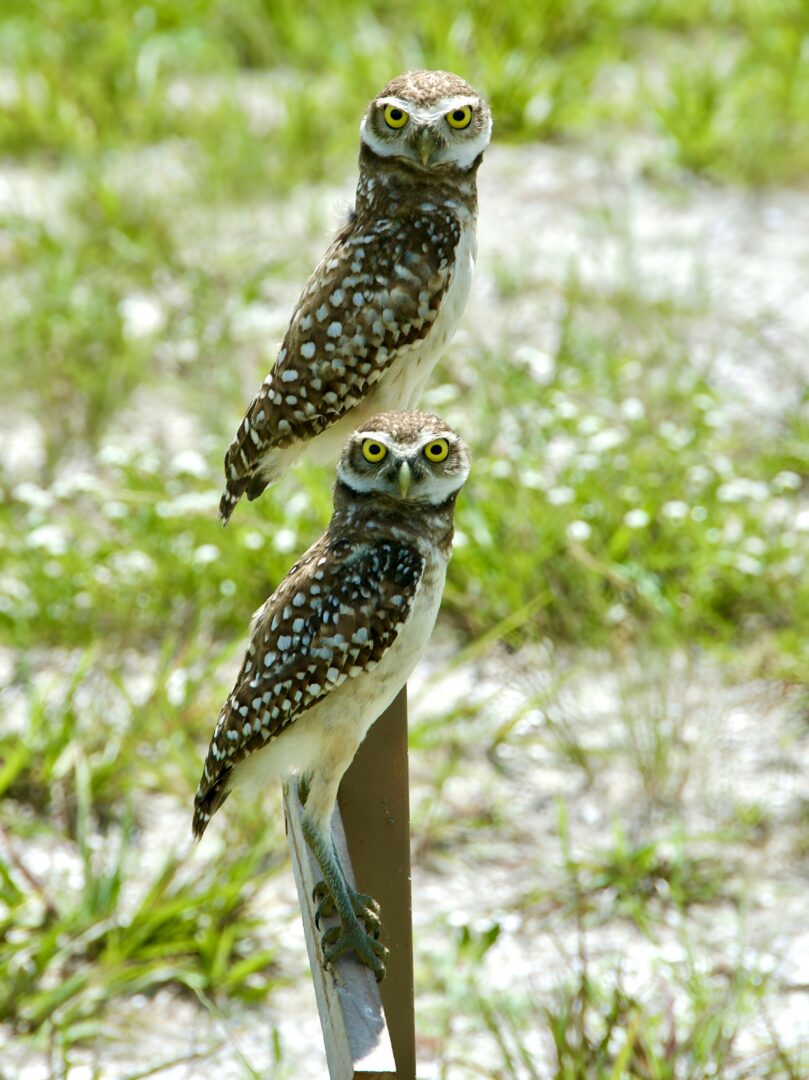
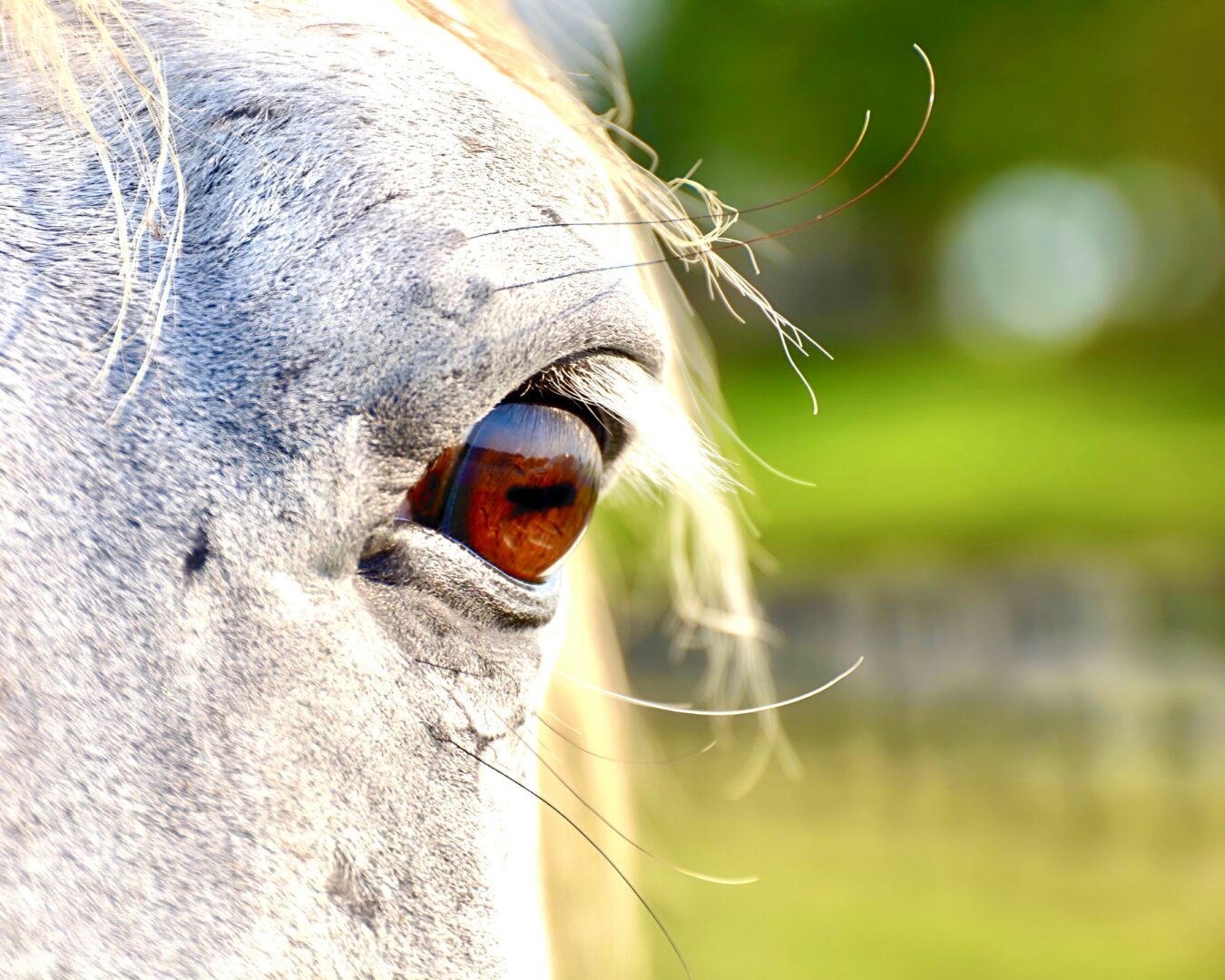
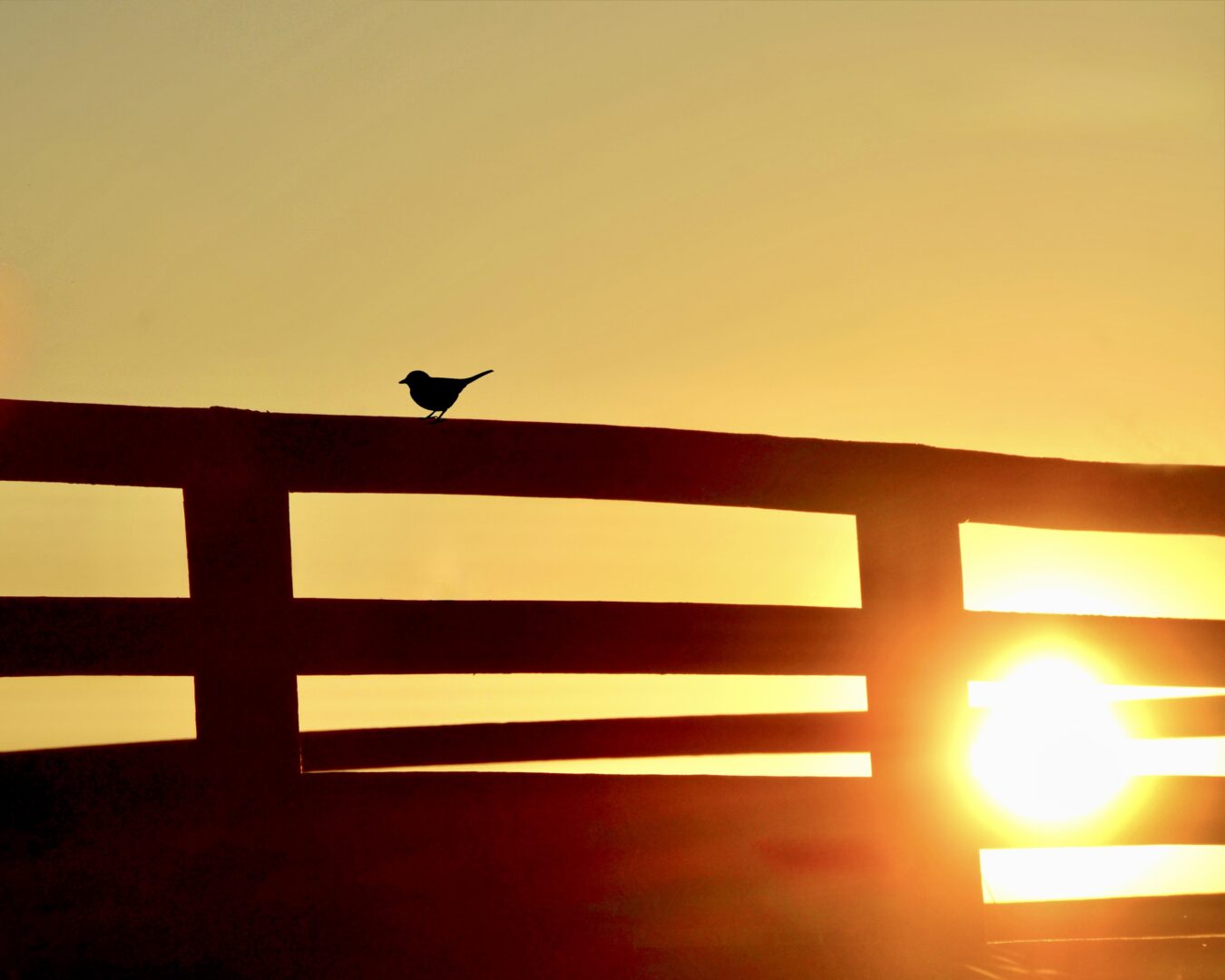
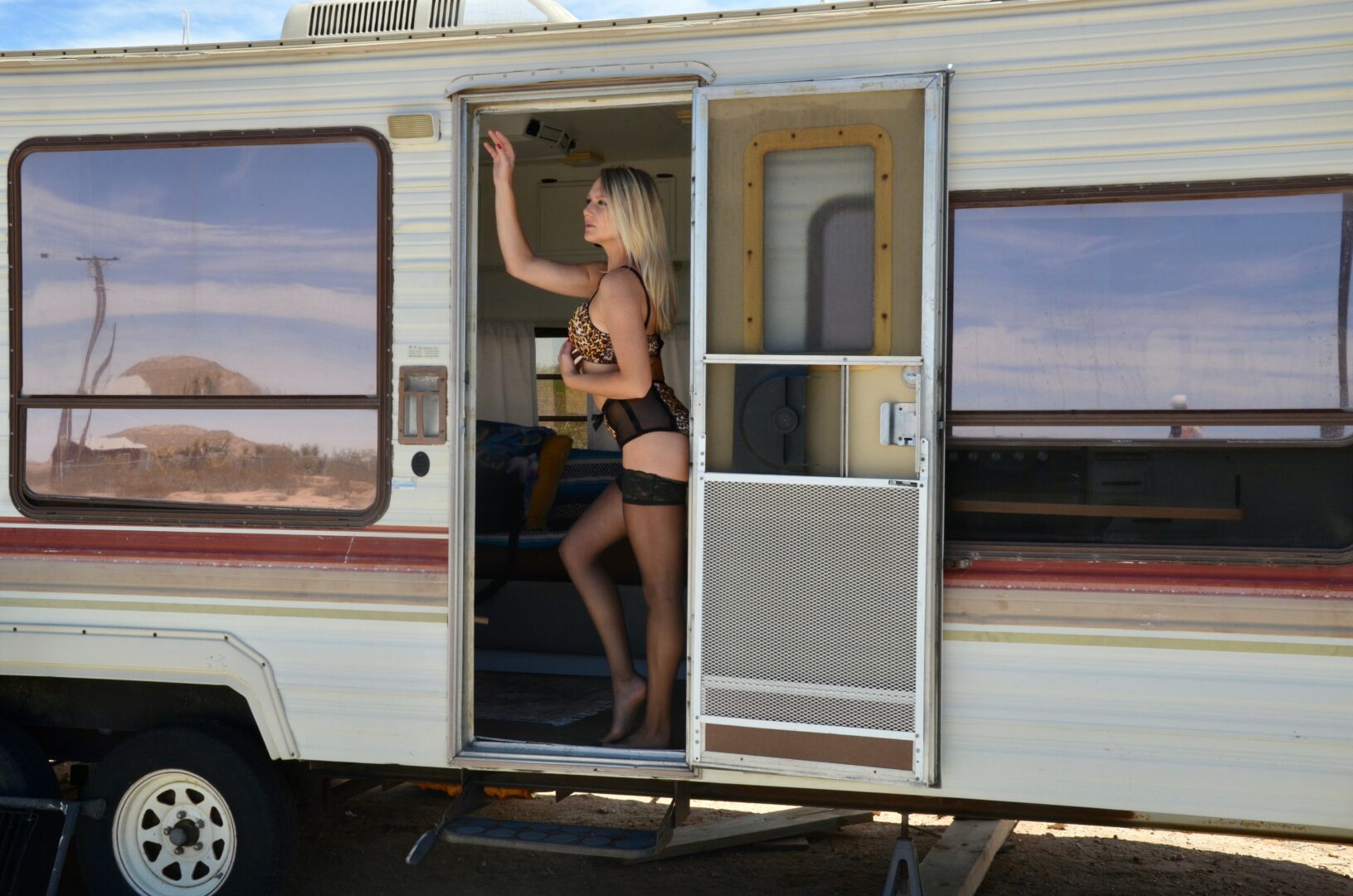
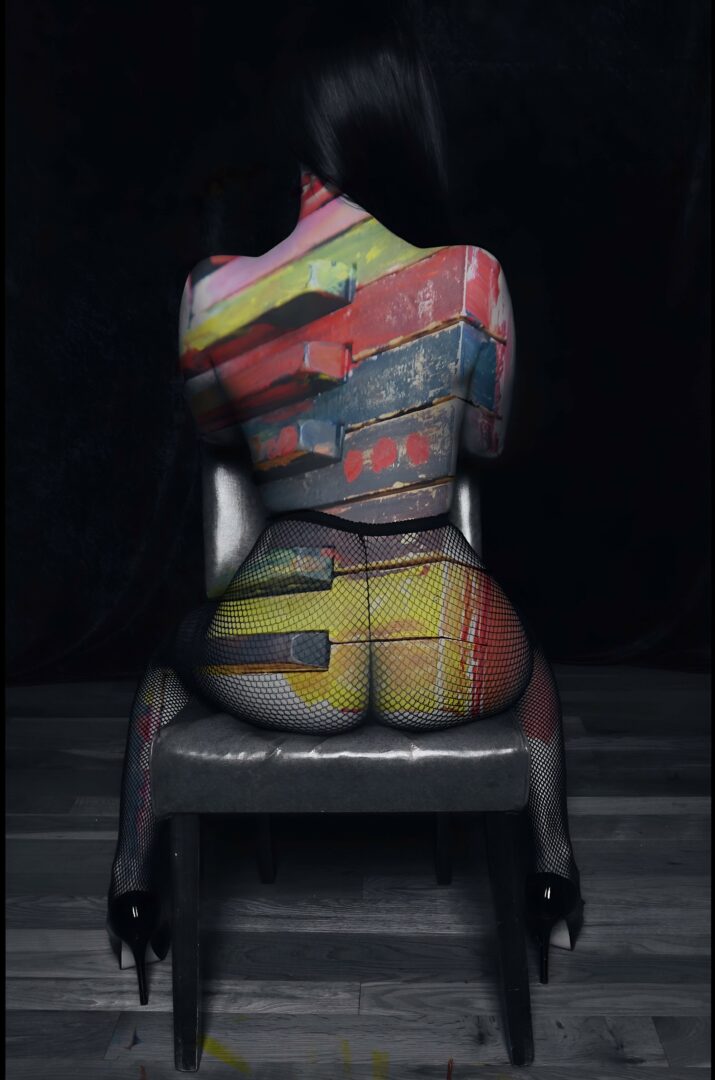
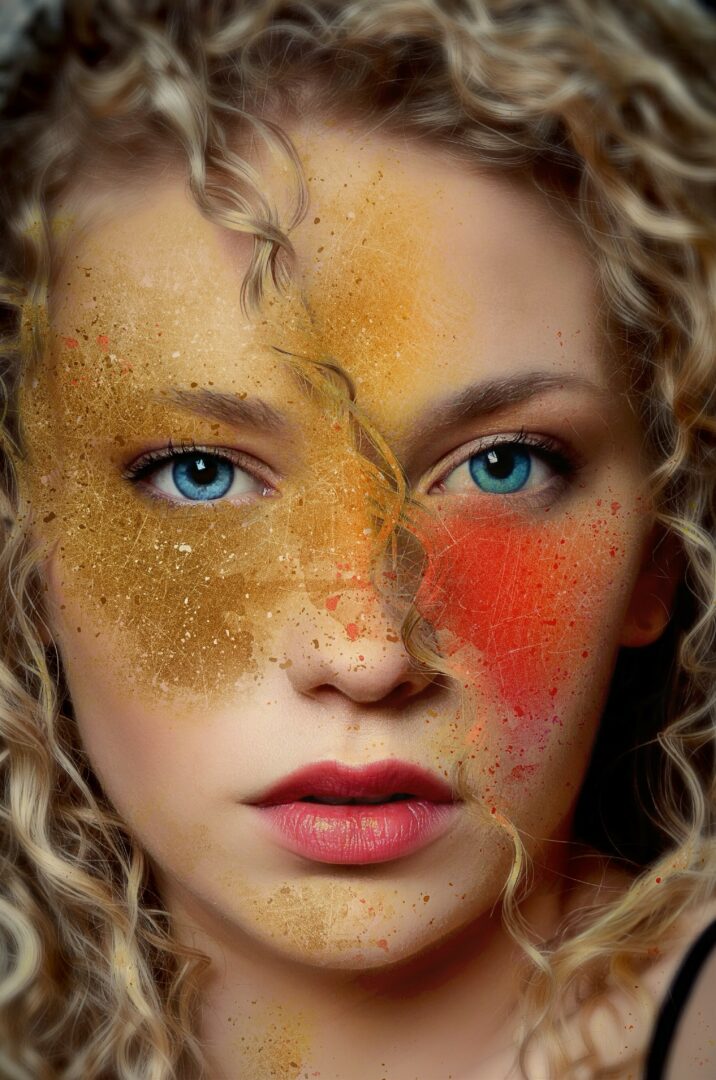
so if you or someone you know deserves recognition please let us know here.

